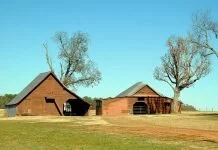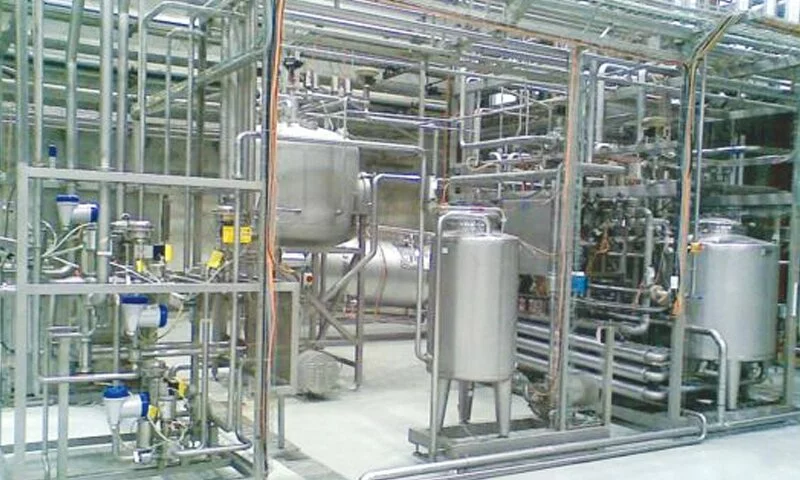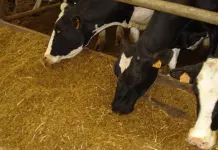Empty Hemavathy reservoir sends farmers looking for other livelihoods
GUBBI/ARKALGUD: The shortage in rainfall and the release of Cauvery water to Tamil Nadu may have left farmers high and dry, but it’s also provided opportunities to canny businessmen, who are mining sand from dry fields, buying cattle at half price and providing other jobs to distressed farmers.
In the tanks and lakes of Gubbi taluk, which were once brimming with water, JCBs and trucks fill the beds. Canny contractors are extracting red soil and mud from the lake beds and transporting them to brick kilns and to construction sites in urban areas. At Mugganahalli Patna (MH Patna) lake in Gubbi, a farmer confirmed that the trucks and JCBs were working for local brick factories and private developers.
“The JCBs and trucks take the riverbed soil and use them to make bricks. In Gubbi alone, there are four brick factories, which mine the dry river beds across the taluk. The panchayat does not take action, despite noticing the illegal activities. They justify the mining as a necessary evil to store more water when the rains come,” said a farmer from MH Patna.
At Kittadakuppe village, a lone JCB was being used on a farmland to destroy the crops and extract the mud. “People mine the lands and take the soil to develop layouts. Not more than 10% of the soil is drawn by farmers,” said Rangaswamy, a farmer.
Residents of Gubbi say the panchayats issue notices to these offenders but do not take action. “The irony is that they could release water to Tamil Nadu and run the river dry, but they cannot arrest open, illegal extraction of the riverbed soil,” said Jagadish, a farmer from M H Patna.
In Arkalgud, the farmer distress is being exploited by local liquor barons. Residents said liquor companies in Hassan have started hiring women from Arkalgud villages for packaging at night. “The women are picked up in tempo travellers at 5.30pm and are taken to factories in Hassan for packaging of liquor in cartons. By 6am, they are dropped back home,” said a government official.
Most of the women work the night shift so that they have time during the day to do their chores. In Bettakoti in Aralgud taluk of Hassan district, Rajesh, 22, has been trying to sell the family cattle. His two older brothers have moved to Bengaluru, but Rajesh, the youngest of the three boys, has decided to stay and help his mother and run the dairy farm.
There’s not much to do though as the lack of water from the Hemavathy and increasing price of fodder has made dairy farming unviable. “We had to sell our buffalo at a dirt cheap price of Rs 5,000 in the market to a slaughterhouse,” he said.
Rajesh is among the hundreds of farmers in southern Karnataka who have been selling cattle at half the rate to slaughterhouses in Kerala as they cannot maintain their herds.
Comments
comments

































